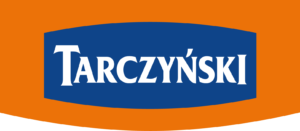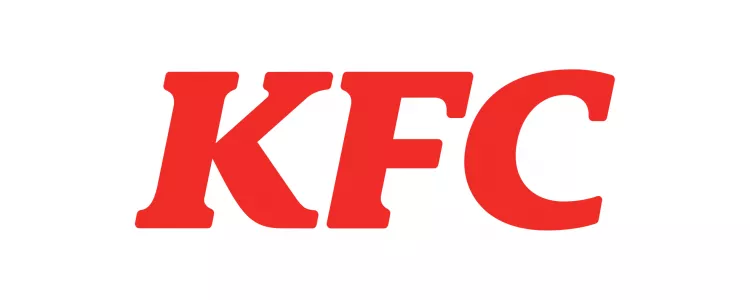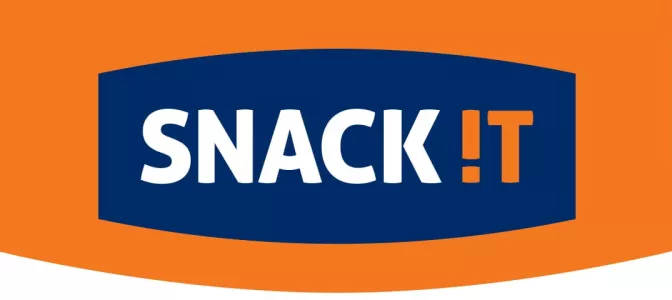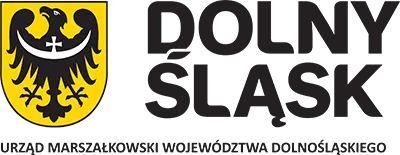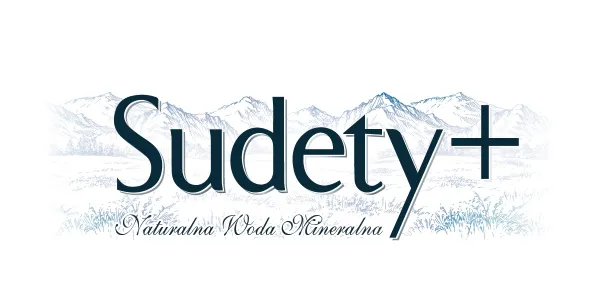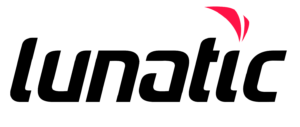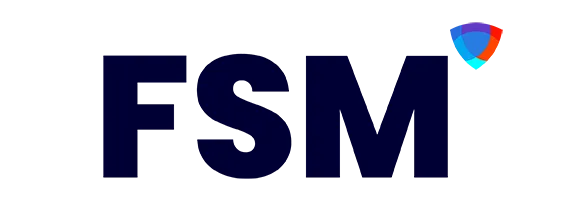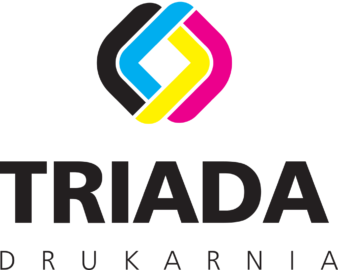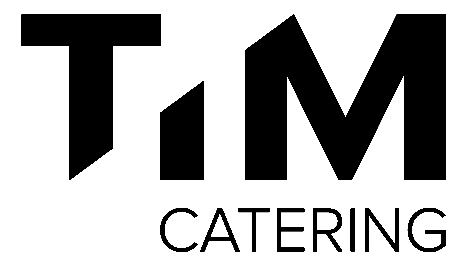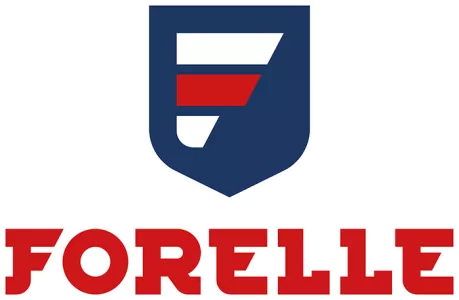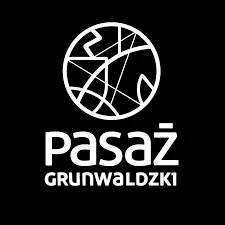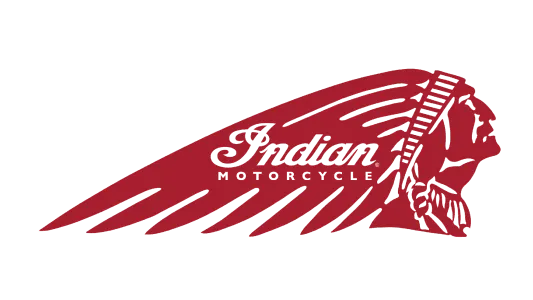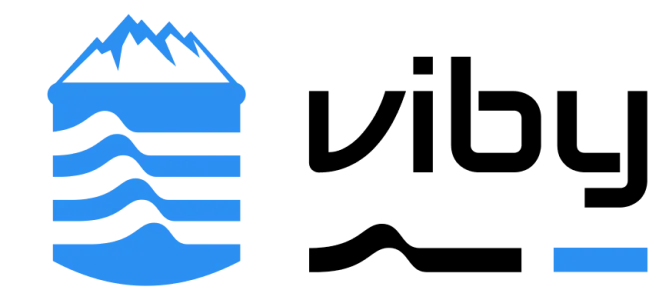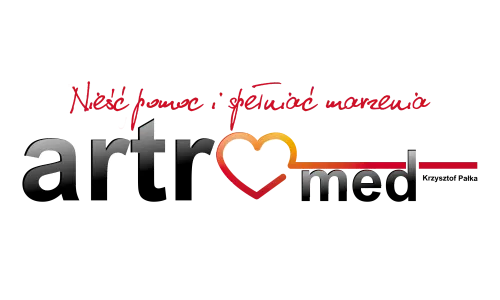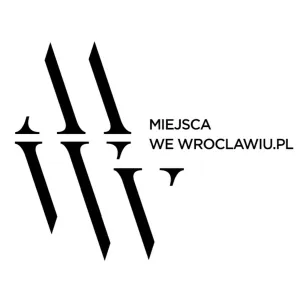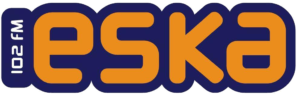
Dawid Tarczyński: I'm shocked at how everything has developed [INTERVIEW]
1 year ago | 06.03.2024, 13:00![Dawid Tarczyński: I'm shocked at how everything has developed [INTERVIEW]](https://dfdu1vke3eg77.cloudfront.net/spaces/181/img/news/1ba0e747f157c24f140fe3564b610d93.webp)
Once a key player for Panthers Wrocław, now a member of the board of Tarczyński S.A. (the brand is also known as "Snack It"), supporting the club's development, which he has been a part of practically from the beginning. Dawid Tarczyński ended his playing career after the 2016 season. How does he view American football today? What are his expectations from the sponsorship side? And what are his thoughts on the development of the club and the league?
Filip Skalski: As we talk, it's February 26th. How do you spend Kabanos Day?
Dawid Tarczyński: For this occasion, I was just at training – kabanosy aren't the least calorie-friendly (laughs). I'm not sure if everyone is aware, but for us, this is a very special day because exactly 33 years ago, Tarczyński S.A. officially started. It's also my brother Tomek's birthday. Everything began in a garage in Sułów in 1991.
Regarding football, you started in 2006. How do you see the development the sport has undergone in Europe since then?
On one hand, I'm shocked at how everything has developed on the European stage. My fascination with American sports is also linked to the way they are organized across the ocean – closed leagues, draft systems, aspects like salary caps, and the concept of franchises. I believe it's the only right way to organize sports in today's world, even though I know I might upset conservative soccer fans here. Even though I also like soccer, I see flaws in it that distort the game, promoting organizations with more money. Americans managed to counteract this, so the functioning of the European league now fulfills our dreams – we always had ambitions to compete with the best teams on the continent, and that's happening. The level has risen to the point where I can't imagine myself playing today.
On the other hand, I am somewhat disappointed in the condition of football competitions in Poland. As Panthers Wrocław, we feel a certain obligation to help the national scene, and I believe we've done a lot in that regard. We managed to regulate the legal aspects of the association pretending to be a federation and registered a real association with the ministry. I'm not afraid to say that it's our merit, as well as supplying the team with our players in its prime when I was still playing. It was the beginning of something that should have been an ambitious, long-term program. At this point, we should be holding a solid place in Europe, knocking on the top tier. I regret that this opportunity was wasted. I am also disappointed that clubs in Poland do not invest enough in youth development – without this, we won't be able to build a high level of this sport in Poland.
From an ownership perspective – do you model yourselves as a club on American franchises?
From the beginning, we treated the club as something that should, in its principles, be a company. That's how we look at it from the perspective of the owner, my dad – Jacek Tarczyński. Although we sponsor the club and benefit from it in terms of airtime in Poland and abroad, the organization still needs other sponsors. All other aspects, like merchandising, operate on the basis of commercial law, and that's how we are accounted for.
I was surprised when I found out that someone in Europe thinks similarly to us and created the whole initiative, such as ELF, based on these principles – these are not clubs in the Austrian-German system, where you must have a minimum of 50 percent individual owners. It is also not a system based on associations. The teams participating in the league are companies that settle taxes and other benefits just like commercial companies.

Did you have doubts whether an all-European league based on such a system would work at all?
I'll be honest – I had this adventure before when one of the owners of the Warsaw club proposed starting a similar league, promising the famous "transfers from the NFL." In a way, it was the precursor of this concept. It was also supposed to work on the franchise system, central purchases, and a similar system. Unfortunately, none of it came to fruition – the investor who was supposed to finance it never showed up. There was a certain bitterness left.
I lived with this bitterness until the first meeting with the initiators of the European League of Football, about which I told them exactly what I thought and my concerns. However, we wanted to get on this train because we saw no alternative. European cups in their then shape were dominated by German teams – with a lot of inequality, lacking even a salary cap. These were aspects that caused players to choose Western clubs, and they didn't allow us to participate in the competition as a serious player. In ELF, the chances were leveled. Inviting us to the league is also a result of many years of work, building the organization and reputation. Austrian clubs initially didn't want to join ELF due to the mentioned concerns. We took the risk, and we used this opportunity 100 percent. Now everyone in the league knows that when it comes to organization and treating players, we are in the top tier, setting an example for other clubs.

Do you regret not starting your career 10 years later?
That's a very good question that haunts me every day – because it does. I train at the club gym because I like to have contact with the team and players. I'm at home; I love the Olympic Stadium because you can feel the atmosphere and history here. Every time I'm here and see the conditions our players have, how their lives are organized between training sessions, how they go, I just humanly regret that we didn't have such conditions earlier.
We could taste a bit of it during the national team camps in central training centers in Spala or Wejherowo. It looked professional, and now our players have it every day at any time – ice bath after training, a gym open 24 hours, catering, physiotherapy office. These are things we offer besides salaries because they are related to a professional approach to each training unit. Most of our players don't earn enough in the club for it to be their only job, so we want the time spent on-site to be as comfortable and effective as possible for them – this is also how we repay for the dedication they put in.

What is your role in the club now?
I am one of the people making the most important decisions related to the functioning of the organization as a whole – overseeing the budget or looking for additional sources of income for the club. I don't formally hold any position – we decided that Jacek Tarczyński would actively support the club with his experience and mentoring as the owner. So, all reports go to him – as the owner, who is also a member of the club's board. My role can be described as advisory.
Do you attend Panthers Wrocław games?
We try, with my dad, to be at every home game and the most important away games. Sometimes my brother Tomek joins us. So, it's family time for us. My sons are still a bit too young, but they are gradually participating in home meetings. It is definitely and will be our family tradition. However, on-site, we prefer to sit on the side and quietly experience every action, so we watch the games away from all the noise, analyzing what happens on the field. We care so much that we have to calm down more than "rev up" during the games.
The Tarczyński brand is inseparably linked with Panthers Wrocław. What does sponsorship give you?
Thanks to joining the European League of Football, Panthers' games are broadcast in many different countries practically worldwide, even where Tarczyński products are present on store shelves – especially in Germany, our number 1 export market. At this point, we have brand exposure in the best airtime on ProSiebenMaxx, reaching about 4 percent of the target group 14-49, simply people who buy kabanosy. It's worth noting that the viewership of our games in Germany often exceeds even the Polish Ekstraklasa. The numbers and exposure add up – advertising equivalents in the context of the Tarczyński brand stand their ground. However, it cannot be denied that for many years, it was purely a passion. Now we approach it professionally, and as a club, we offer sponsors a full range of benefits. For Tarczyński, it's the most advantageous way to reach a wide range of consumers in our most important export market, which is Germany. I can already reveal that this year our involvement in football will increase even more, but we'll talk more about it before the start of the season.
Was having a Panthers game at Tarczyński Arena one of your goals from the beginning of stadium sponsorship?
This idea came up during negotiations. The main goal was, of course, the exposure of the Tarczyński brand at the stadium. During discussions, when we were looking for additional benefits, we thought that perhaps during the contract, the idea of playing a final of ELF or a league game at Tarczyński Arena would come to our minds – and this year we managed to match the league's schedule to the stadium events calendar. To be honest, I didn't expect it to happen so quickly. Following the German market, we want to show that in Poland too, we can attract crowds of fans to a still niche sport, but in its Polish "capital" and that it is part of something bigger in Europe, something the whole world is watching, and that is associated with the growing popularity of this sport at least in our region.
Will the next step be playing the European League of Football final at Tarczyński Arena?
We'll see how we perform in organizing the opening game of the regular season and how attendance turns out. It should be remembered that a significant part of the league's income, from which we also benefit as an organization along with other clubs, is the league final. When the plan is to fill the Schalke stadium with 50 thousand fans, I don't know if the league is willing to risk such an event outside of Germany. It was evident when the final took place in Klagenfurt, Austria, which didn't have the potential of western Germany.
Do you keep an eye on the actions of other ELF teams?
Of course, I follow them regularly. It's always very interesting, especially in the preseason period. Predictions are different; everyone wants to contract the best players. I think we made a big qualitative leap this year when it comes to "imports," although the field will ultimately verify that. As for other teams, Rhein Fire is still the perennial favorite – the core and head coach remain unchanged, so their philosophy won't change drastically either. Apart from them, last year's playoff rivals – Stuttgart Surge – are undoubtedly dangerous; by absorbing the Schwäbisch Hall Unicorns squad, they created a complete team. In the next year, they may have even greater possibilities, as they showed their potential last season. The dark horse may be the Paris Musketeers, who showed themselves strongly last year, and we know they made significant progress in terms of local players – we'll have to watch out for them.
So, are we playing the final against Rhein Fire?
I would wish that for us. However, I like to compare the adventure with ELF to conquering peaks in mountaineering, and Poles have always been good at it. These three years were a strong acclimatization and building bases number 1, 2, and 3 – it's about the oxygen base – as mountaineers call it – and preparing for the window to attack the summit. That's how I imagine the upcoming season – we have a mix of veterans and young players with very good imports – this gives us a window to attack. Of course, we have an influence on certain things, and on certain things, we don't, and these circumstances may change. However, our goal is to play in the final.
What do you wish for yourself, the club, and the company this year?
As for the Tarczyński brand, I would like to wish that all our plans related to additional contracts and our expansion into export markets come true. There are many of them, they are ambitious, and we have grounds to realize them. However, we need a bit of luck and perseverance, and I wish that to our company. In the context of Panthers Wrocław, I would like our club to grow not only in football but also in other disciplines, and we also have plans for other American sports. I would like our organization to continually strengthen and operate better, experiencing continuous development. Of course, I wish the team success in the final!
